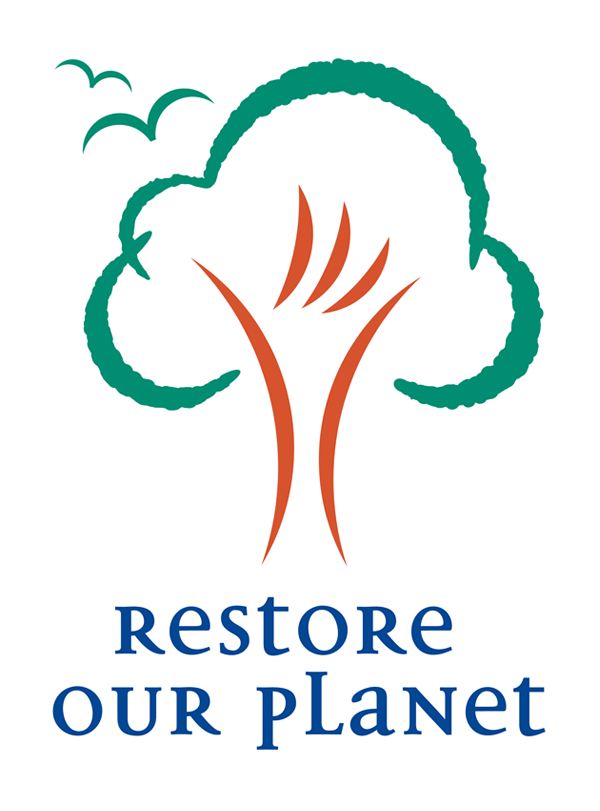Orchards are part of English heritage and until the 1950s were a dominant feature of our landscape. Since then they have declined by more than 60% because of changes in agricultural practice and pressures from development.
Corston itself was blanketed by orchards in the 1930s but as elsewhere in England, only small patches remain in people`s private gardens.
Community orchards can be excellent spaces for wildlife because of the diverse habitats they create with elements of woodland, hedgerows, meadow grassland and ponds. A wide range of wildlife including bees, birds, bats, invertebrates, fungi and mammals can thrive as long as orchards are managed sensitevely.
Many villages, towns and cities are rediscovering the benefits these habitats can bring, particularly in light of the COVID-19 pandemic.
People need spaces to meet and build community resilience for the benefit of all. interactions with nature and other people improve physical health and mental wellbeing with GPs now commonly prescribing activities such as gardenig and volunteering with community groups.
The Corston Community Orchard site covers 1.4 acres of grassland that was previously used to graze horses. It is surrounded by hedges, trees and fences.
The field will be divided into zones, each with a different focus and purpose This will allow staged development over the coming years.
It is hoped that with sufficient funding key habitats can be established. These will include a hedgerow boundary of native plants, a copse of native trees, a nuttery and apple, cherry and pear areas.
Ultimately it is hoped to include a wildlife pond, a willow walk tunnel, raised community vegetable beds and a wild meadow and picnic area.
Restore Our Planet is pleased to support this excellent project.
